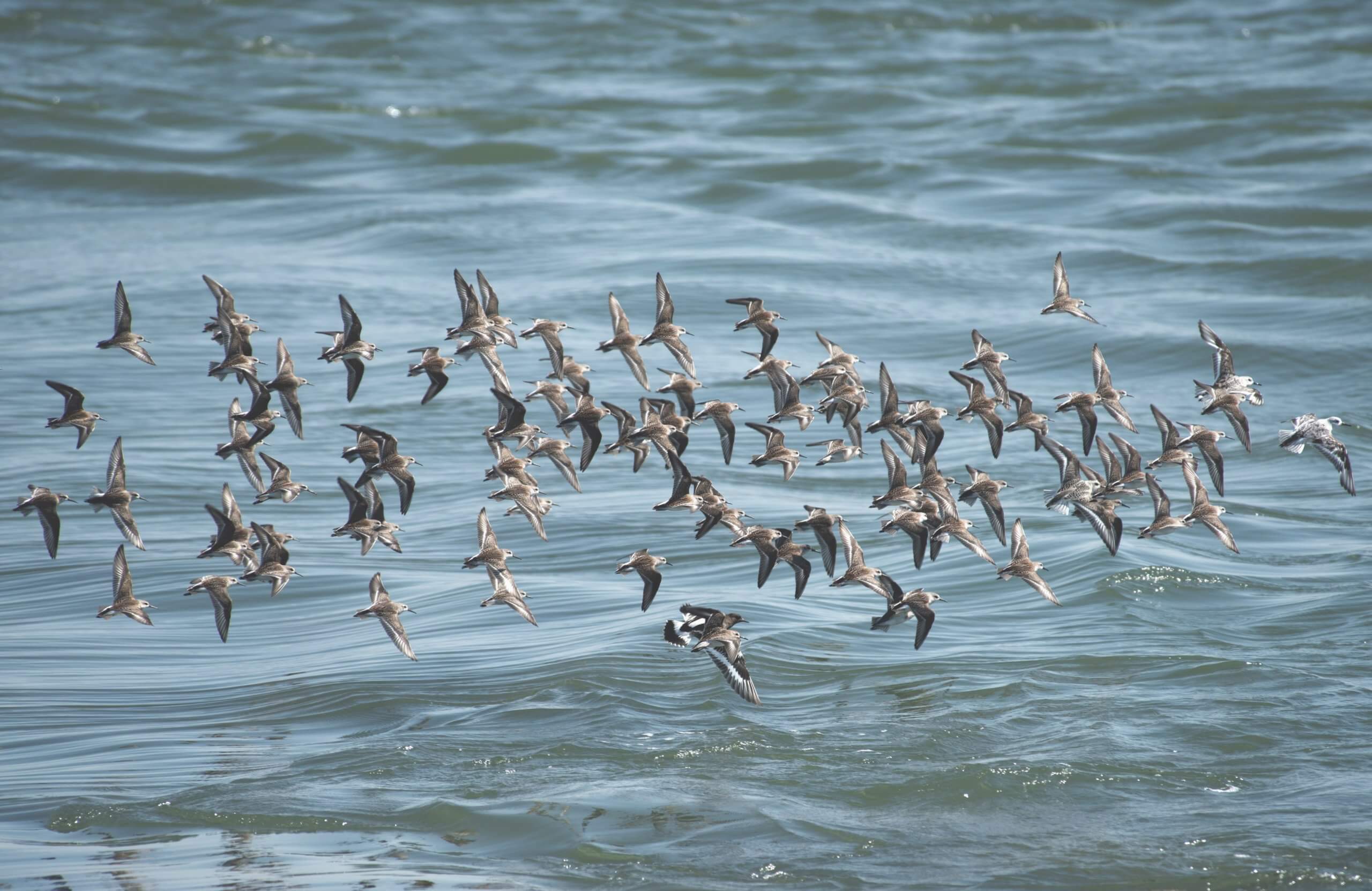How do you gain leadership skills as a scientist? Although common elsewhere (particularly in the for-profit world), leadership training is almost non-existent for scientists. The Leopold Leadership Program and COMPASS trainings are notable exceptions. And unfortunately, like science communication, leadership skills are not part of graduate training (but perhaps they should be). Recently, I accepted a generous invitation to strengthen my leadership skills through TREC, courtesy of Wilburforce Foundation. It was a transformative experience that has left me with new insights and much food for thought.
When it comes to leadership, many of us fall into the trap of trying to be like someone else. We ask ourselves, “How can I inspire like Jane Lubchenco or speak out like Stephen Schneider?” Pick your heroes. But the point is, these are the wrong questions. Being a leader isn’t about being like someone else. Instead, it’s about finding your own voice and being who you are. There’s no single way to be a leader.
So earlier this month, amidst the stunning scenery at a Montana ranch just outside of Yellowstone, I embarked on my new leadership journey. We began with a focus on us: How can I show up more authentically as a leader? How can I lean into discomfort to push past my current limits?
For me, being a more effective leader begins with letting go of comparing myself to others and the “I’m not good enough” stories I carry around about myself. Instead of focusing on how I’m less charismatic or have less sparkle than others, how am I awesome?
The ‘let me tell you how I’m awesome’ exercise was truly painful for me (I literally began with “I’m awesome at stalling…”). After all, I’m trained as a scientist. I’m highly critical, especially of myself. I wear a scientist’s suit of armor – an armor of objectivity, prestige, and cynicism. As a community, we scientists have a hard time talking about ourselves. It’s dangerous to expose our vulnerabilities and take risks. We’re not inclined to share our stories – of failure or triumph.
But, effective leadership requires taking risks. And taking risks requires being vulnerable. Scientists (and I suspect this is true of academia more broadly) shy away from vulnerability. Being vulnerable shakes our foundations of legitimacy and credibility. But being truly vulnerable is a pathway to leadership.
One key dimension of vulnerability is recognizing where your natural leadership tendencies benefit you, and where they do not. Based on Leadership that Gets Results, there are six leadership tendencies. I tend towards a visionary style that focuses strongly on strategy and gives people the freedom to choose how to achieve that vision. Others emphasize harmony and relationship-building (called affiliative). Coaches develop people for the future. Those with democratic tendencies ensure that all voices are heard. Commanders tend towards “do as I say.” Pacesetters set high performance standards and assume others will follow.
None of these is the “right” style of leadership. All six can lead to positive results. But, not all work equally well in all contexts. A democratic style breaks down in a crisis, and pacesetting doesn’t work well with less-motivated supervisees. Growing as a leader takes both knowing your tendencies and then being willing to lean into those that don’t come naturally, but might be called for in a given situation. For me, leaning in means becoming a more effective coach and stretching even further to become a commander, when called for.
Which of these dimensions is the biggest stretch for you? Perhaps it’s building greater trust to foster more effective collaborations, becoming a better coach for your graduate students, or articulating a compelling vision and rallying others to join you.
Many of you are increasingly standing up as leaders to make your science matter. Channeling that energy will require finding new ways to show up and speak out, especially given the intrinsic link between communication and leadership. It is my hope that leadership training will become part of the dialogue around change we’re seeing in academia right now, as it holds the potential to be transformational for you, as individual scientists, and the community writ large.
Creativity and innovation are born from taking risks and being vulnerable. In the words of Brené Brown (borrowing a phrase from Theodore Roosevelt), leadership requires “Daring Greatly.” As a scientist, what change do you wish to see in the world? What risks are you willing to take to be an effective leader of that change?



